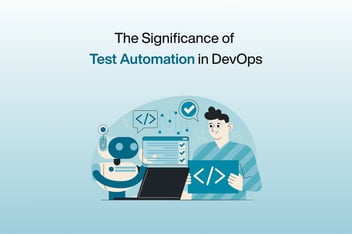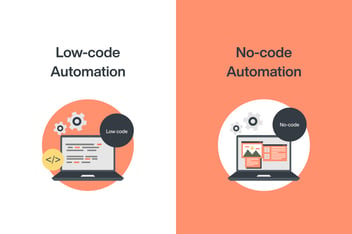Adobe has introduced Project Sound Lift, a technology powered by AI that can segregate speech recordings into separate tracks for voices, non-speech sounds, and background noise in videos. As a one-click solution, Project Sound Lift enables users to easily manipulate audio recordings in various scenarios, utilizing AI to independently enhance, transform, and control both speech and sound. Adobe has integrated its Enhance Speech technology, currently accessible in applications like Premiere Pro, into Project Sound Lift, aiming to revolutionize the process by which creators produce and manage studio-quality audio content.
Crafted by speech AI researchers from Adobe Research, Project Sound Lift was revealed during the MAX event in Japan as a featured presentation in Adobe’s “Sneaks” showcase. In this platform, Adobe engineers and research scientists provide exclusive glimpses into prototype ideas and technologies, each demonstrating future potential to become integral components of Adobe products trusted by millions of users worldwide.
Video creators, both hobbyists and professional filmmakers, consistently face the hurdle of poor audio quality. Challenges such as wind interference, less-than-ideal microphone placements, crowd noise, and other disruptive sounds often force them to find workarounds, potentially rendering their videos unusable. While historically difficult to address, the advent of AI advancements brings promising solutions that have the potential to revolutionize audio processing, making the creation of high-quality content more accessible for everyone.
Unlike previous audio AI models that typically demand clean and distinct input sounds, such as a single speaker or isolated sound event without background noise or echoes, real-world recordings seldom adhere to these conditions. They frequently encompass noise, reverb, multiple speakers, and other sound events that are challenging to control. This limitation has impeded the widespread application of audio AI in everyday recordings, making it difficult for non-experts to effectively use complex audio tools.
Project Sound Lift has achieved the capability to differentiate between voices and ambient sounds in everyday situations, effectively isolating speech, applause, laughter, music, and other diverse noises into separate tracks. This preview of Project Sound Lift provides compelling illustrations of how innovation is ushering in a fresh era of creativity. In this era, AI is broadening access to robust workflows and unlocking the potential of our most imaginative ideas.




